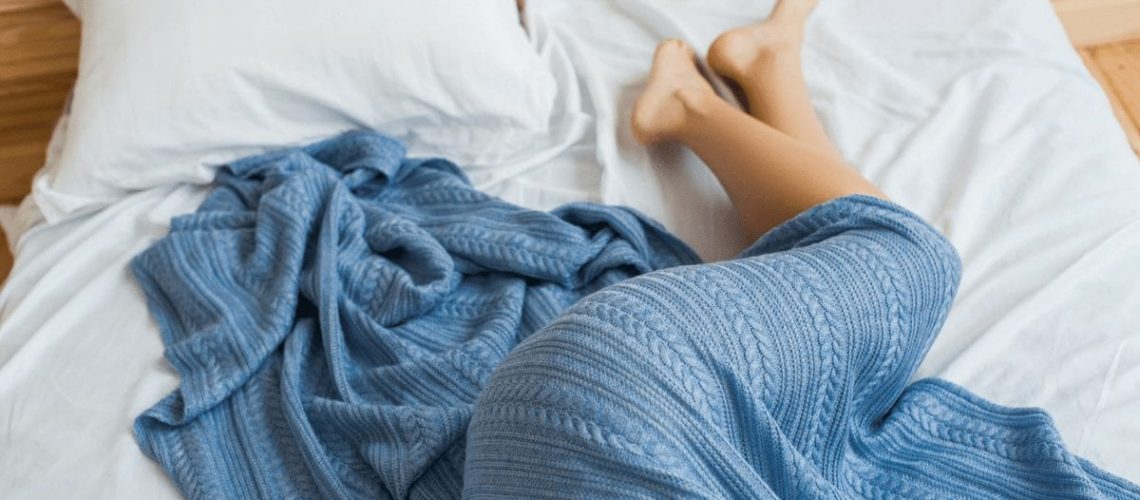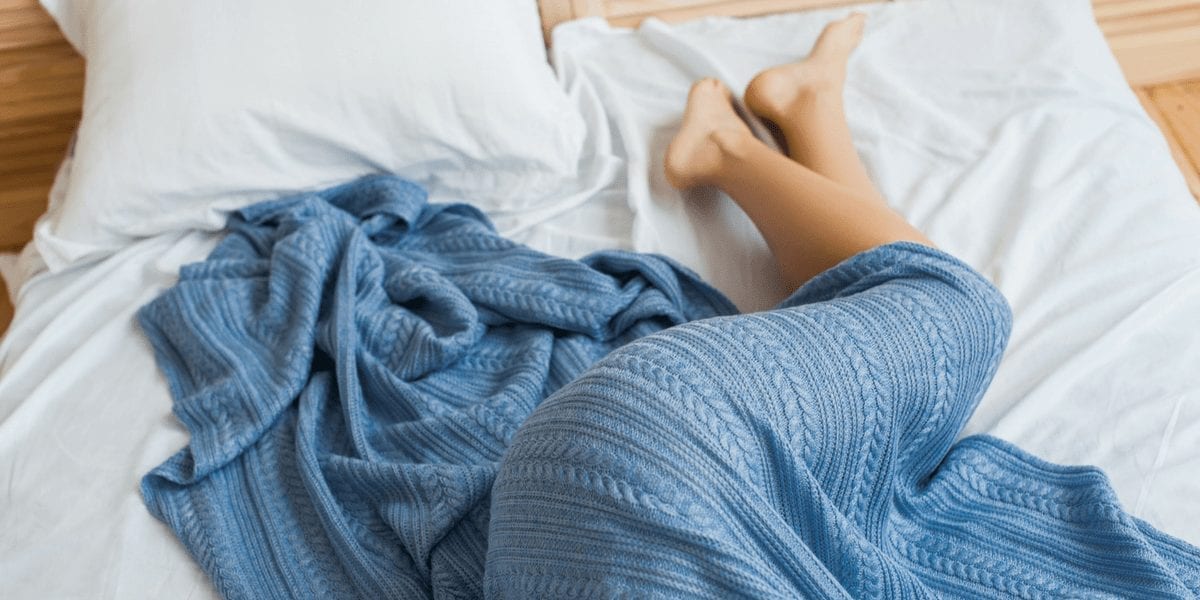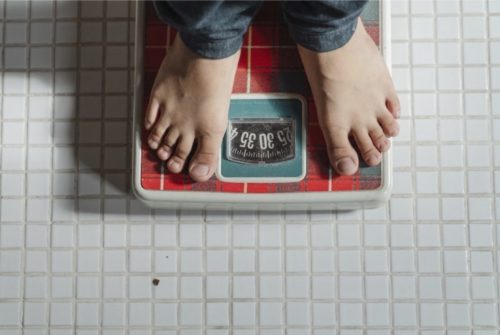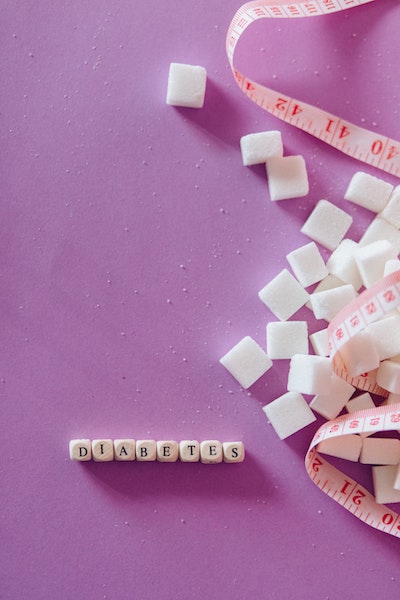

Sleep and Weight Loss
Are you getting enough?
intro
Header
“If your goal is to lose fat, skipping sleep is like poking sticks in your bicycle wheels,” said study director Plamen Penev, Assistant Professor of Medicine at the University of Chicago.
Sleeping well each night should be a priority because a lack of sleep can actually make you gain weight – even if you’re eating well and exercising regularly. If you’re sleeping poorly your metabolism won’t function properly and cause your body to hold onto fats.
The University of Chicago conducted a study about the relationship between sleep and weight loss. In the end, the overall weight loss results were substantial! Those who got 8 hours of sleep each night lost almost twice the amount of weight from fat than those who were sleep deprived.
Sleep Deprivation Causes Food Cravings
If you consider that more than 35% of Americans are sleep deprived, do you think it’s a coincidence that these numbers are almost identical with the percentage of Americans who are obese?
The study also found how the sleepy dieters felt more hungry than the well rested group. When the body doesn’t get adequate sleep, it starts producing a hormone called ghrelin that triggers hunger and reduces energy expenditure. Being tired and hungry is a dangerous combination because it often causes carb cravings.
Don’t undermine how important sleep is for your body! A lack thereof can start the vicious cycle of increased cravings for sugary foods that adds extra stress on the body.
Tips for a Betr night’s sleep:
No distractions. Make sure to turn off or mute any electronic devices (besides your alarm clock of course!) so that there are no distractions during the night. Studies have shown that the light from LED screens (laptop, smartphones, TV, etc.) slows down the melatonin production (a sleep hormone), messing with your brain telling it that it’s not time to sleep.
Start developing a good night routine. Remember when you used to have a good night routine as a kid? Why not have one as an adult? Take your time and settle in by drinking tea, reading a book, or creating a quick to-do-list for the following day. Anything that puts your mind as ease will work!
Try to avoid caffeine before bedtime. Caffeine can stay into your system for as long as six hours, so avoid drinking any caffeinated drinks in the late afternoon! If you like the taste of coffee, try it un-caffeinated in the afternoon.
Noise affects your sleep. If you like to sleep with the TV on, you might not realize how a sudden noise on the monitor, such as a gunshot or scream, can wake you up in the middle of the night. In fact, even while you’re sleeping your brain is continuing to process sounds that can cause you to wake up. Instead of using the TV as background noise to help you sleep, try using a white noise sound snoozer instead. White noise is a continuous, repetitive sound, such as the sound of rain, which will help you fall asleep and stay that way throughout the night.





